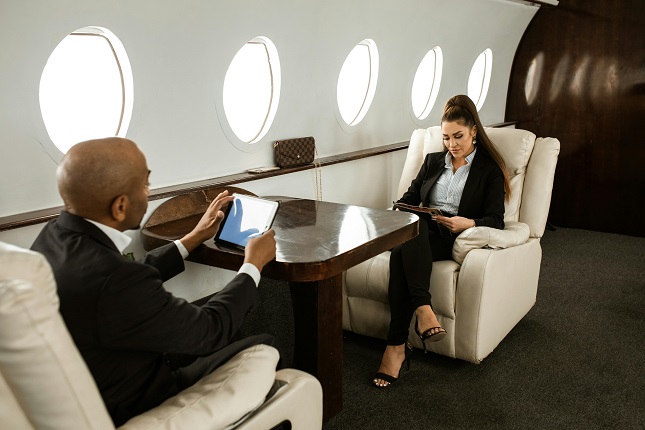As globalization continues to expand, business travel has become a more frequent routine for many professionals. In our interconnected world, companies can’t afford to limit their reach to their own backyards. Consequently, an international business trip, particularly to the 26 European countries that comprise the Schengen Area, can be a significant part of a business growth strategy. However, these trips do require a good amount of preparation to be successful and rewarding. Here is a guide to better equip you for a business trip to the Schengen Area.
Secure Necessary Travel Documents:
Taking into close consideration the complexity of international travel, securing all necessary travel documents should be the first step. For US citizens, a valid passport is the most essential piece of documentation, but further paperwork may be necessary depending on the length and nature of your stay. If you are undertaking a trip that will last under 90 days, you most likely will not need a visa. However, longer trips may require a visa, so ensure to check that well beforehand. Consider buying Schengen visa insurance, which not only covers emergency medical costs but also unforeseen situations like trip cancellation or loss of baggage during your trip. It’s always better to be safe than sorry when traveling for business.
Prepare Financially:
A critical element of any foreign trip is having your financial plan in place, which includes understanding the currency exchange rates and setting up a viable budget for expected and unexpected expenses. Additionally, it is prudent to inform your bank of your upcoming travel to enable seamless transaction processing in foreign countries.
Establish Local Contacts:
Having local contacts can immensely smoothen your business trip within the Schengen Area. In addition to aiding in understanding local customs and negotiation methods, these contacts can support logistics for meetings and accommodations. Strive to establish relationships with locals in each country within the Schengen area you intend to visit.
Plan Itinerary & Accommodation:
Prepare a comprehensive itinerary; map out meeting schedules, locations, and potential time for sightseeing or relaxation. Decide on the accommodations that best suit your needs in relation to your meeting spots and modes of transport. A well-thought-out itinerary can prevent unnecessary stress and wasted time, allowing you to focus on the main purpose of your visit – business.
Immerse Yourself in the Culture:
The Schengen Area, while connected by a common visa policy, is a collection of countries, each with its unique culture, business etiquette, and language. Make an effort to learn a few basic phrases in the local language, study business etiquette, become aware of local customs, and understand the general approach to business dealings in each country. This can provide huge value to your overall business trip experience.
Stay Connected:
While the purpose of your trip is business, it is essential not to lose touch with your home office. Prior to travel, set up communication plans including which platforms and frequencies to keep the connection with your team. Ensure your mobile plan works abroad or make provisions for a local SIM card on arrival.
Maintain Healthy Habits:
Traveling for business can be demanding and stressful, potentially upsetting normal routines. However, it’s important to attempt to maintain healthy habits as much as possible while on your business trip. Eating well, staying active, and getting plenty of sleep can help you stay focused and alert during your meetings and engagements.
In conclusion, preparing for a business trip to the Schengen Area requires thoughtful planning from securing necessary travel documents to understanding local culture norms. While the task may be daunting, with the right approach, your business trip can be successful and rewarding.






































